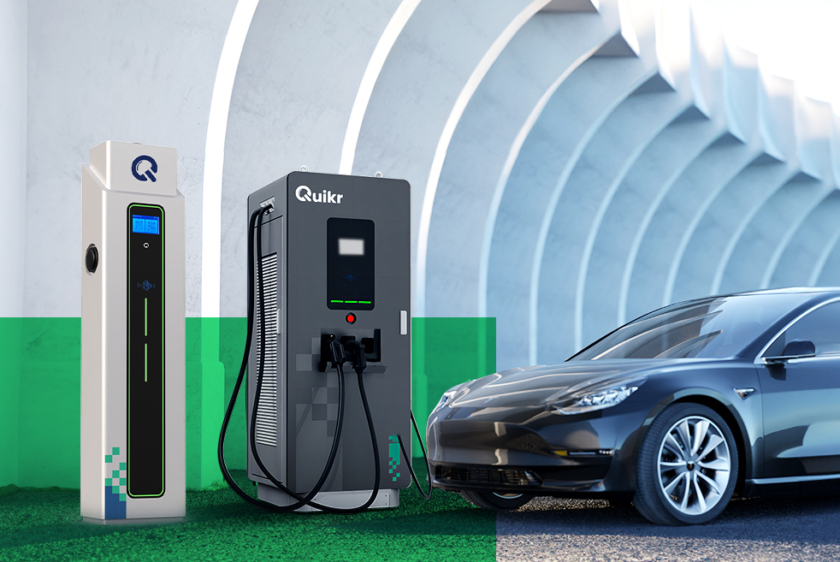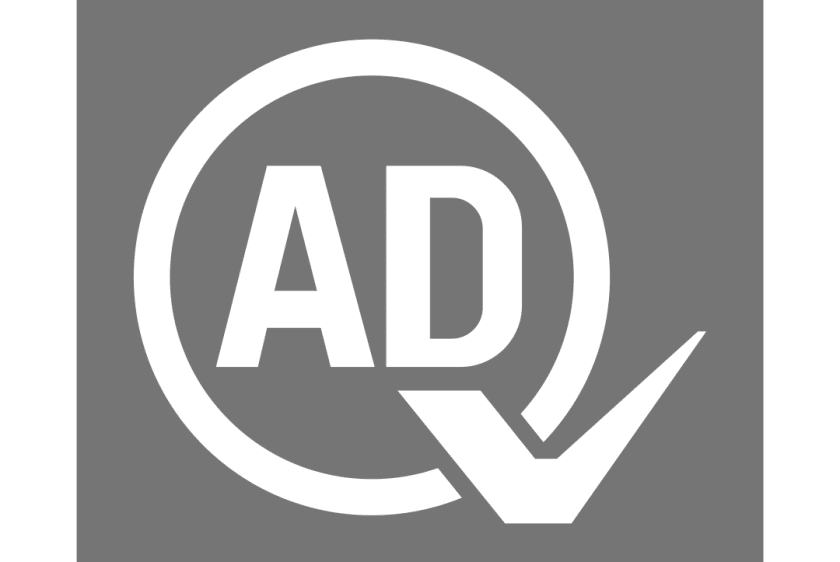Electric vehicle (EV) charging relies on two types of electrical currents: alternating current (AC) and direct current (DC). Understanding AC vs DC charging is critical for EV owners to optimize charging efficiency, cost, and battery health. Below, we break down the nine fundamental differences between these two charging methods.
What is DC Charging?
DC charging delivers power directly to the EV battery, bypassing the onboard charger. This method allows for faster charging speeds, making it ideal for public DC charging stations like Tesla Superchargers.
Why is DC Charging Faster Than AC?
DC charging skips the conversion process required by AC power, which must be converted to DC via the vehicle’s onboard charger. This direct delivery reduces energy loss and slashes charging time by up to 80% compared to AC.
AC vs DC Charging Speed
- AC Charging Speed: Typically ranges from 3.7 kW to 22 kW, adding 15–50 miles per hour.
- DC Charging Speed: Ranges from 50 kW to 350 kW, delivering 60–200 miles in 20–30 minutes.
AC vs DC Charging Efficiency
DC charging is 90–95% efficient due to minimal energy conversion, while AC systems lose 10–15% efficiency during conversion.
AC vs DC Charging Price
- AC Charging Cost: 0.12–0.25 per kWh at home.
- DC Charging Cost: 0.30–0.60 per kWh at public stations.
For detailed pricing, visit our guide on DC Fast Charger Price.
AC vs DC Charging Pros and Cons
| AC Charging | DC Charging |
|---|---|
| ✅ Gentle on battery | ✅ Ultra-fast |
| ❌ Slow charging | ❌ Expensive |
| ✅ Home-friendly | ❌ Limited availability |
AC vs DC Charging Stations
- AC Stations: Common at homes and workplaces (e.g., Level 1/2 chargers).
- DC Stations: Found along highways (e.g., Electrify America, Tesla Superchargers).
AC vs DC Charging Ports
EVs like Teslas use proprietary DC charging ports (e.g., NACS), while most models support standardized AC ports (J1772).
AC vs DC Charging and Battery Health
Is AC Charging Better for Battery?
Yes. Frequent DC charging generates heat, accelerating battery degradation. Use AC for daily charging to prolong battery life.
Final Word
Choosing between AC vs DC charging hinges on your priorities: speed or cost, convenience or battery longevity. For most EV owners, a mix of both ensures optimal performance.
For premium DC charging solutions, explore QuikRev’s DC Chargers.
Frequently Asked Questions
Why is DC charging faster than AC charging?
DC bypasses the onboard charger, delivering power directly to the battery.
Is DC charging better than AC charging?
DC is faster but costs more. AC is better for routine, battery-friendly charging.
AC vs DC charger? Which charger is the best?
Depends on needs: DC for road trips, AC for daily use.
Do you charge with AC or DC at home?
Home chargers use AC. DC charging at home is rare and expensive.
Is the go-e Charger an AC or DC charger?
The go-e Charger is an AC charger.





